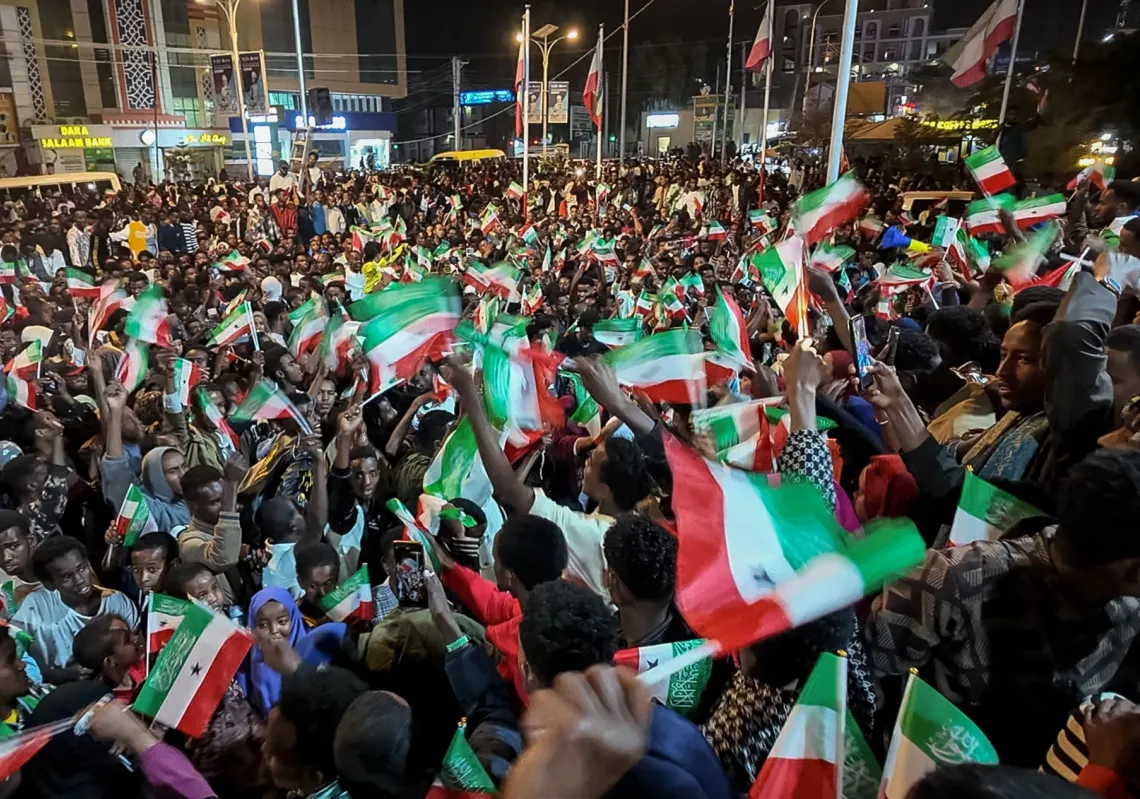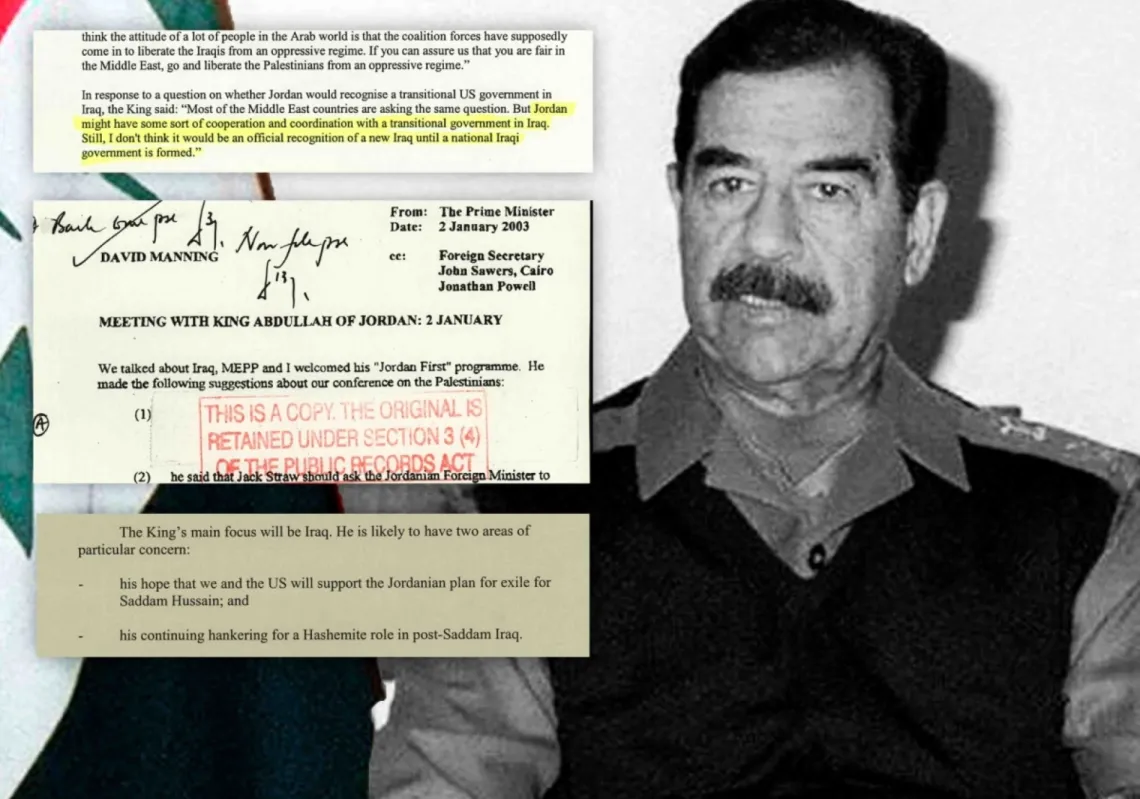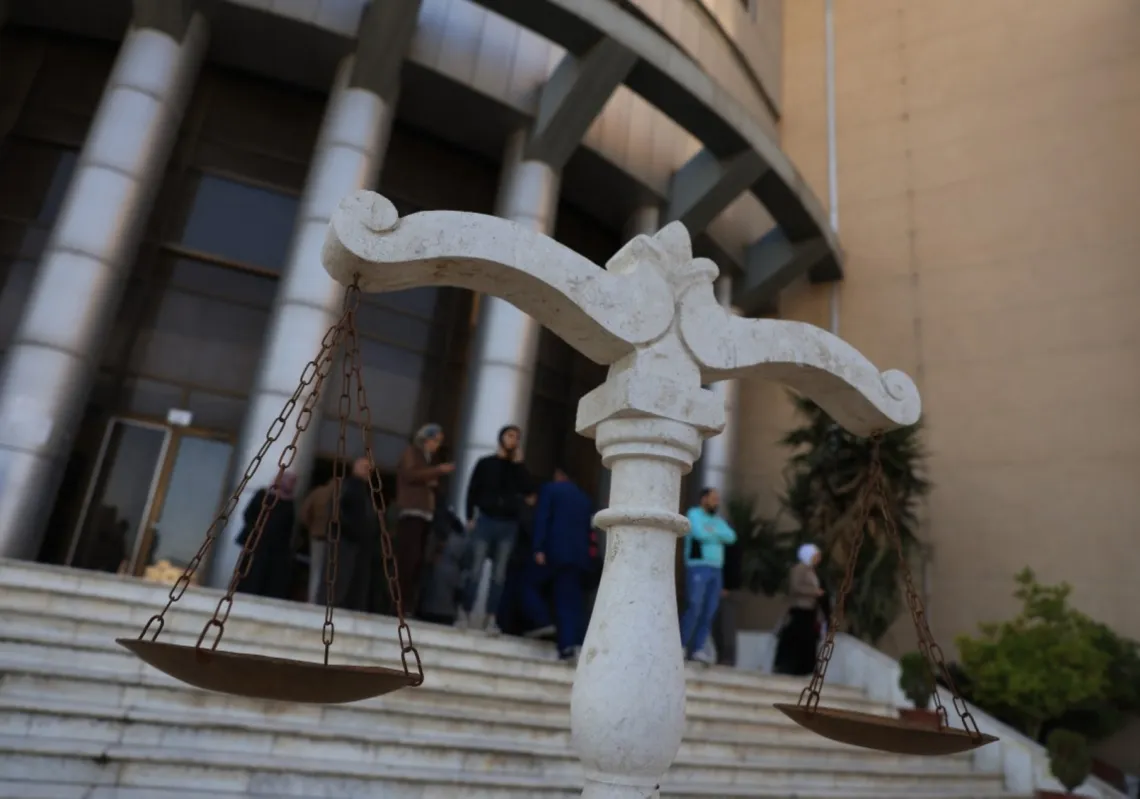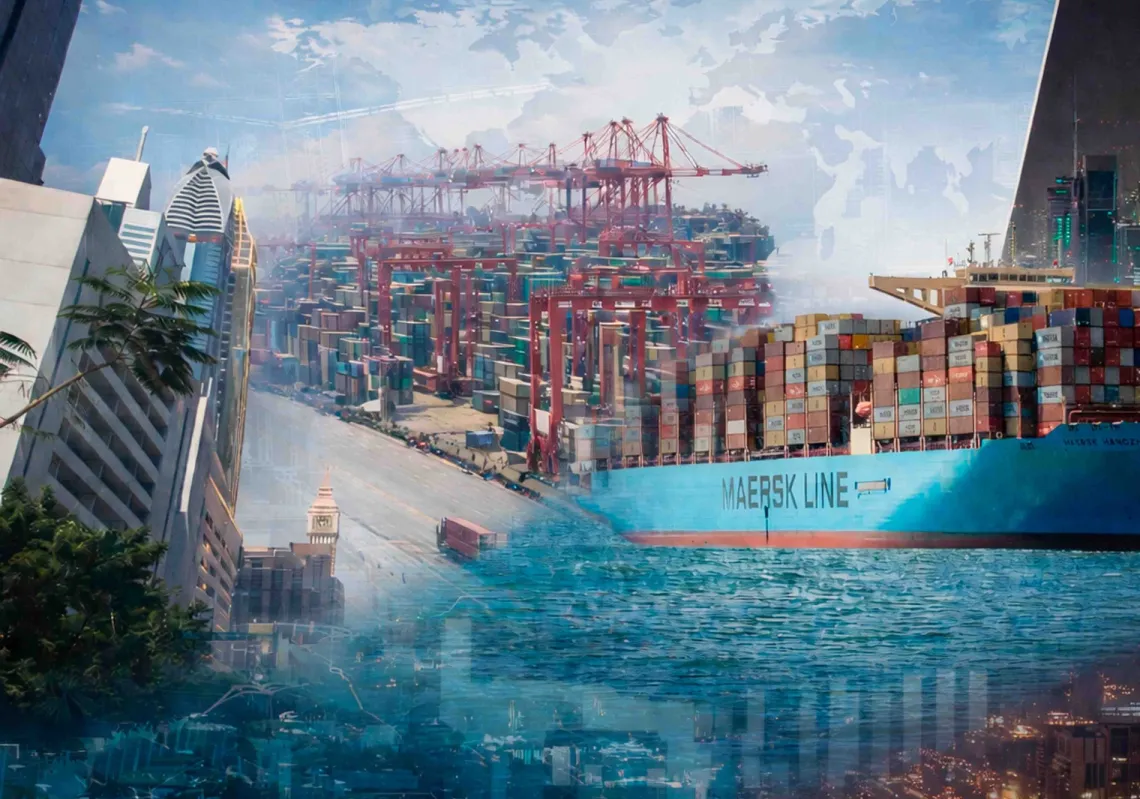By Scott McClellan
McClellan’s decision to write this book is related with his need to share with the whole world what really happened. The author seeks to write the true story of behind the scenes politics and what was going through the minds of the decision makers in the Bush administration during one of the most contentious periods in American history.
“I had unknowingly passed along false information,” McClellan wrote. “And five of the highest ranking officials in the administration were involved in my doing so: Rove, Libby, the vice president, the president's chief of staff and the president himself". The author's disappointment in the very administration he served is obvious. He states repeatedly in his book how he believed in the leader Bush could have been and has been let down several times. He believes that Bush had played the political game and took the "permanent campaign" approach which allowed him to manipulate the truth and put political gains before national interest. The author believes that Bush was not candid and indulged himself in self-deception, convincing himself with what was then politically convenient rather than the truth.
"It was the decision to go to war in Iraq that pushed Bush's presidency off course" Scott writes confirming his belief that the Iraq war was indeed Bush's downfall. He strongly believes now that Iraq was a war of choice and not a war of necessity saying "what I do know is that war should be waged when necessary, and the Iraq war was not necessary."
Not only does McClellan blame Bush, he also blames his advisors. Be it Cheney or Powell as well as Condoleezza Rice, he believes that the previous president had been ill served by his advisors. For those curious about Bush the man, the author provides an insight into his character. He states that he is a man of great political skill but he is an instinctive leader, he relies heavily on his gut feelings rather than rational judgment.
In regards to his job, McClellan confesses that he now knows that he used to disseminate false information. He trusted the president, took from him what he believed was true and he passed it along to the people without question. One of those times was the incident that occurred on July 2005 when he discovered that what he had told the press two years earlier, that Karl Rove and Lewis Libby were not involved in "the leaking of classified information" about Valerie Plame, Wilson's wife, was untrue. He describes this event as the defining moment of his career and one of the most painful experiences in his life.
The author’s perception of the culture of deceit couldn’t be more obvious. It is quite explicit in McClellan’s argument that deception in politics is not that uncommon but the degree of deception and its manifestation in Washington to the extent that it affects greatly public policy is what he finds worrying and believes should not in any way be common or acceptable.
McClellan describes the environment in Washington as destructive and poisoning to the presidents. He writes that partisan conflicts and secrecy are among the things that characterize the White House culture of deception, and that this should change. He dedicates the last chapter of the book to suggesting changes that could minimize the effect of the culture of deception and create a better atmosphere in Washington.
In Washington there are contrasting positions on whether Scott McClellan is a brave man or a defector; some people (especially the Bush administration and their loyal followers) call him a traitor because of his disclosure of high profile information during his time serving the president. Others are skeptical, believing that his conscience was the real motive behind him writing this book. But then again, the question can be raised of why didn’t this same conscience push him to say something or resign when it could have mattered the most? However, some portray McClellan as a hero for being honest and speaking the truth in a place where, so the author professes, it is rarely ever told.








